Say I have this function:
function wrapInObject(key){
const result = { [key]: key }
return result
}
and I have this code:
const a = wrapInObject("Yellow")
a.Yel.. // <--- as I'm writing, the intellisense shows "Yellow"
I want to get intellisense from the code editor I'm using about the return value of this object, so as soon as I write "Yel" the code editor will autocomplete and show me the option "Yellow" to choose.
How to write this logic in jsDoc?
I have tried the following, but I stopped because I didn't know how to complete this:
/**
* @param {string} key - the string to wrap inside an object
* @returns { ??? }
*/
function wrapInObject(key){
const result = { [key]: key }
return result
}
Is there something like
@returns {result}
I'm unable to wrap my head around it.
I appreciate your help .
Update:
I noticed many of you didn't get the point of my question.
I don't want "Yellow" to be hard-coded, someone might input "Orange", or "Boy", or "House" or anything.
It should be dynamic, not static
